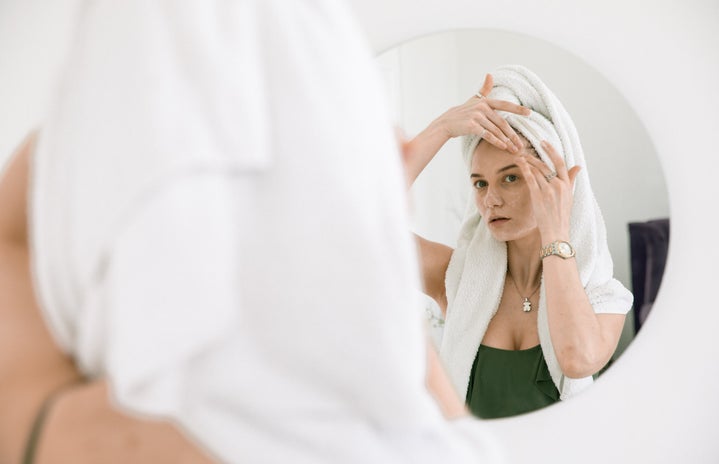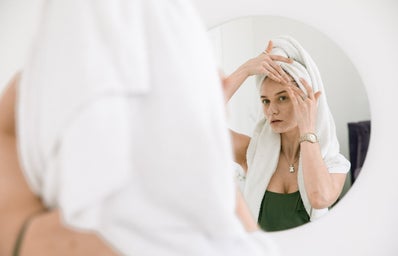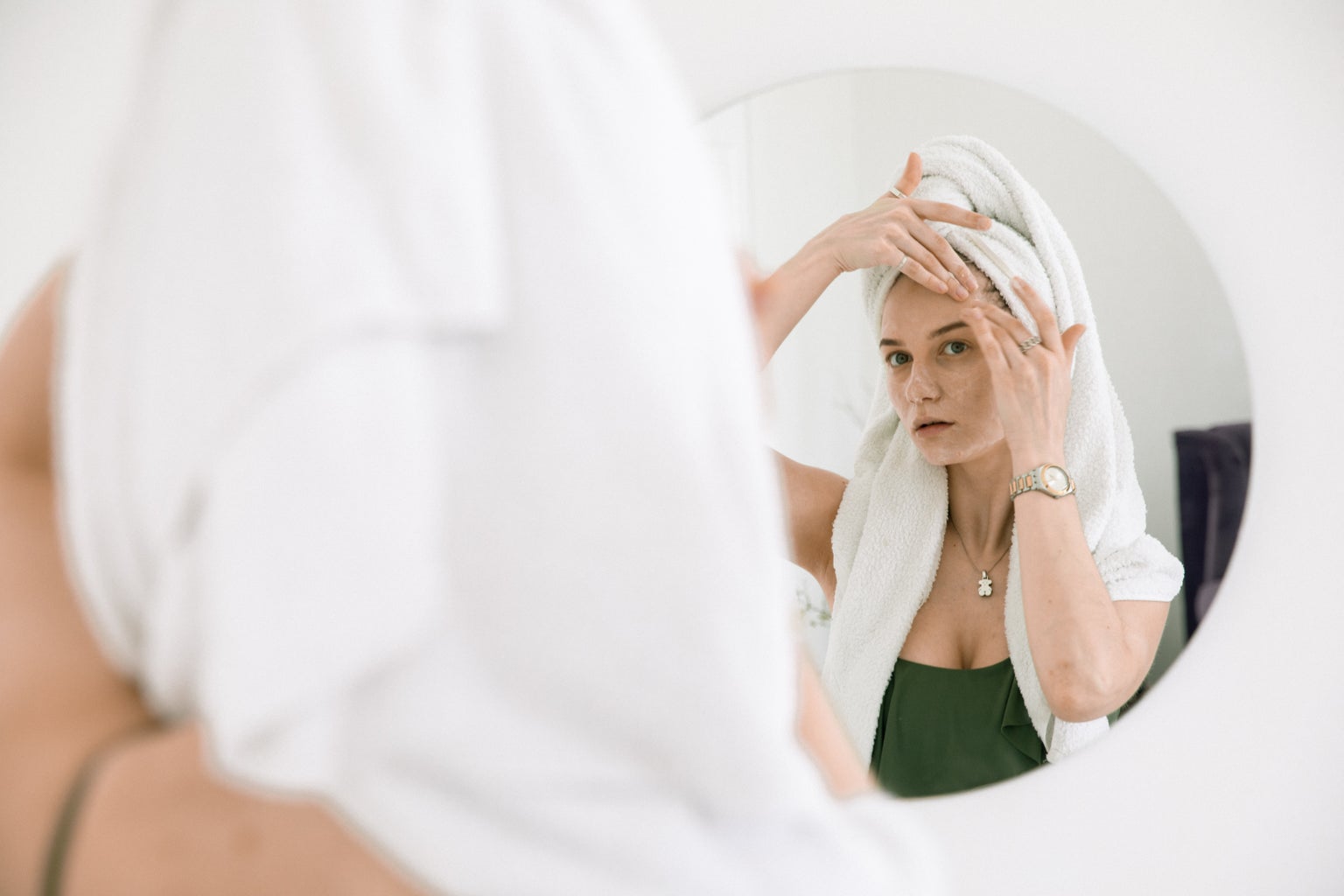Acne (formally known as acne vulgaris) affects around 9% of the population worldwide, with 85% occurring in people 12-24 years old. Acne is an incredibly common inflammatory skin condition that can cause scars, dark spots, and severe breakouts. It can also severely impact individuals’ lives and lead to lower self-confidence.
I have had acne for around five years now. It started as a few pimples here and there, which, as a teenager, I had totally expected. I tried different cleansers and products I saw in the beauty sections of shops, but nothing really helped. It eventually got worse, so I went to my doctor. For several years, I tried lots of different remedies, from topical creams to antibiotics, to no avail. Eventually, I began to feel like my face would no longer be recognizable without the acne. I didn’t remember what it felt like to look in the mirror and not see my face flushed red from inflammation and covered in pimples.
I was ashamed. At times, it was even difficult to go out with my acne on display for everyone to see. Some days were better than others, of course. Sometimes I felt confident and had a “screw the world; I’m beautiful as I am” mentality. Other days, I wished I could hide from the world. I was bitter toward my skin that refused to cooperate and that caused me to suffer from painful pimples and blemishes.
The stigma surrounding acne is heavily reinforced in pop culture. The most common example of this is probably the nerd-slash-loser character who gets rid of the acne-glasses-braces combo to become cool and popular. Acne is seldom associated with beauty in the media. Most ads and pictures of models show smooth and clear skin—which is obviously airbrushed. But even knowing how heavily photoshopped these pictures are, it still grates.
Nowadays, there’s a movement toward acne-positivity and embracing acne, not as something to be ashamed of, but of something that is beautiful. Models, celebrities, and influencers like Kendall Jenner and Adwoa Aboah, are showing their imperfect skin and shedding light on what real skin looks like. It shows that even the supposedly “perfect” models don’t actually have “perfect” skin.
With that being said, there’s also no shame in treating your acne. Some choose to treat it for cosmetic reasons; others, because it hurts. No matter the reason, though, you should do whatever feels most comfortable for you.
I’m very glad to see the shift towards embracing “imperfections,” which are, quite frankly, reality. We no longer have to miserably live in a delusional world where unreal, airbrushed pictures are considered normal. What is normal is skin with visible pores, plus some acne and maybe some scarring; skin that isn’t completely smooth, but has a complex surface. You don’t need to be ashamed of your acne or what your skin looks like—it’s beautiful just the way it is.



